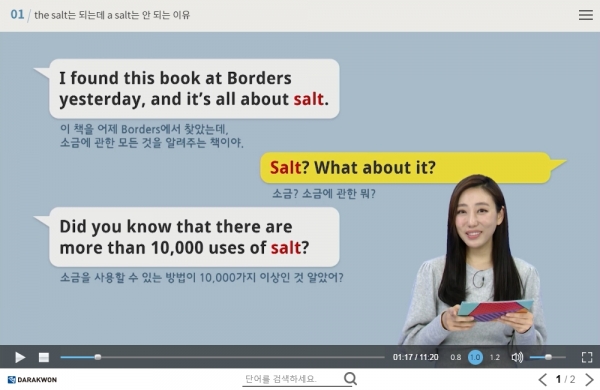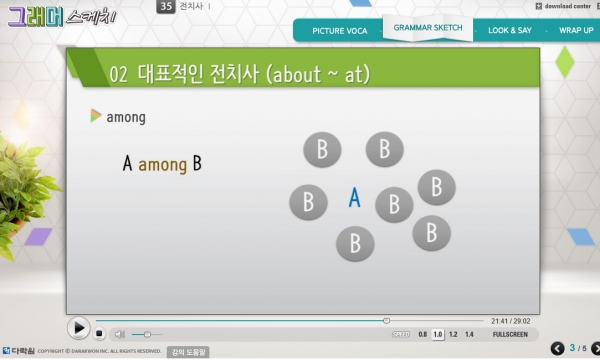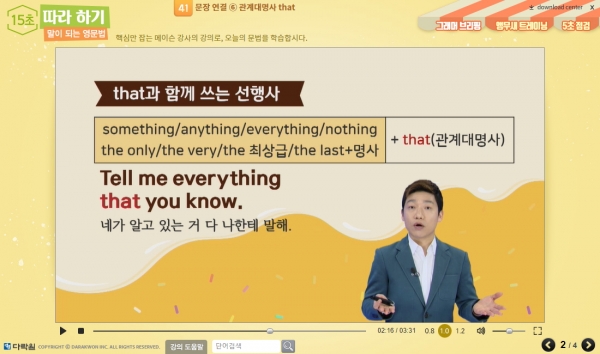-
- ņśüņ¢┤
- Sel TEST
- English Hub
- Speaking TIP
- Culture Story
- Business Writing
- ņØ╝ļ│Ėņ¢┤
- Sel TEST
- Japan Hub
- ņżæĻĄŁņ¢┤
- Sel TEST
- Chinese Hub
- ņżæĻĄŁ ņĄ£ņŗĀ ļē┤ņŖż
- The China+
- ĻĘĖļ”¼ņŖżņ¢┤
- ļäżĒīöņ¢┤
- ļÅģņØ╝ņ¢┤
- ļØ╝ņśżņŖżņ¢┤
- ļ¤¼ņŗ£ņĢäņ¢┤
- ļŻ©ļ¦łļŗłņĢäņ¢┤
- ļ¬ĮĻ│©ņ¢┤
- ļ»Ėņ¢Ćļ¦łņ¢┤
- ļ¦ÉļĀłņØ┤ņ¢┤
- ļ▓ĀĒŖĖļé©ņ¢┤
- ļ▒ģĻ│©ņ¢┤
- ļČłĻ░Ćļ”¼ņĢäņ¢┤
- ņŖżņÖĆĒ×Éļ”¼ņ¢┤
- ņŖżĒÄśņØĖņ¢┤
- ņŗ▒ĒĢĀļØ╝ņ¢┤
- ņĢäļ׏ņ¢┤
- ņĢäļź┤ļ®öļŗłņĢäņ¢┤
- ņĢäņĀ£ļź┤ļ░öņØ┤ņ×öņ¢┤
- ņĢöĒĢśļØ╝ņ¢┤
- ņÜ░ļź┤ļæÉņ¢┤
- ņÜ░ņ”łļ░▒ņ¢┤
- ņÜ░Ēü¼ļØ╝ņØ┤ļéśņ¢┤
- ņØ┤ļ×Ćņ¢┤
- ņØ┤Ēāłļ”¼ņĢäņ¢┤
- ņØĖļÅäļäżņŗ£ņĢäņ¢┤
- ņ▓┤ņĮöņ¢┤
- ņ║äļ│┤ļööņĢäņ¢┤
- Ēéżļź┤ĻĖ░ņŖżņ¢┤
- ņ╣┤ņ×ÉĒØÉņ¢┤
- Ēā£ĻĄŁņ¢┤
- Ēä░Ēéżņ¢┤
- Ēł¼ļź┤Ēü¼ļ¦żļŗłņŖżĒāäņ¢┤
- Ēżļź┤Ēł¼Ļ░łņ¢┤
- ĒÅ┤ļ×Ćļō£ņ¢┤
- Ēöäļ×æņŖżņ¢┤
- ĒŚØĻ░Ćļ”¼ņ¢┤
- Ē×īļööņ¢┤
- ļ©╝ļéśļØ╝ ņØ┤ņøāļéśļØ╝
-

Culture Story
Ļ▓īņŗ£ĻĖĆ ņłś | 419
Ļ┤ĆļĀ© Ļ░Ģņóī ņłś | 174
- Tipping Culture When you Travel
- ECKĻĄÉņ£Ī | 2013.06.10 09:31
-
Tipping Culture When you Travel
Before you read: some questions to help you think about the topic and the words you might need.
What do you know about tipping in other countries and cultures?
Do people tip in your country? When and where and why?
If you come from a country like Korea or England, then you may not be used to tipping. However, if you visit the United States, then you will be expected to tip in some places and situations. Knowing when to tip and how much can seem confusing if youŌĆÖre not accustomed to it, but it is an important part of American culture that you need to get up to speed before going there.
In America, people who serve in restaurants tend to make very little money, so they rely on the tips they receive from customers. The tip is a reward for good service and you are usually expected to add about 15% to 20% to the price of the meal. If you use a credit card, then you will see a place at the bottom before you sign where you can write the amount of the tip. Maybe what you donŌĆÖt know is that the minimum hourly wage in America is $7.25, but in a restaurant that has tipping (i.e. Not like McDonalds), then the minimum is $2.13 an hour. This is definitely not enough money for anyone to get by. And so the restaurant is expected to make up the difference if the employee doesnŌĆÖt earn enough to equal $7.25 an hour.
Actually, in America you are expected to tip anyone who gives you service. Taxis might expect a tip, the bus driver who takes you to the airport, the waiter at the hotel. If you go into a pastry store you will see a tip jar. If you buy a drink at a bar, you should leave a dollar or so each time you buy a drink at the bar. A drink at that bar might cost about $4 depending on where you are. Although you would not be expected to tip in a place where you serve yourself such as a fast food restaurant.
But in Europe itŌĆÖs a different story. There, people in restaurants earn a normal hourly wage, and so tipping is just an extra or modest ŌĆśthank youŌĆÖ for good service. In Germany when you pay the bill, then you would just say, ŌĆ£the change is for you.ŌĆØ If you leave a big tip in Europe they may actually think it is demeaning, because servers will think of themselves as professional and are just doing their jobs.
In Australia and New Zealand tipping is not normal, however you might leave a few bucks after a meal for extra good service and the full price in those countries is advertised in the menu, including tax.
Contrast this to Japan where tipping is unheard of. In fact if you tip they will be embarrassed by it.
The tipping culture can be confusing, but it pays to find out before you travel to another country so that you can leave a good impression of you and your country and make your visit more pleasant.
Try to guess the meaning of the words in bold and match them with their closest meaning from the choices in the right. Some of the answers are very close and have similar meaning.
The answers are below the table.
accustomed
A
1
Catch up and know about something, not be ignorant, know what every other person knows
get up to speed
B
2
The normal way of doing things, what you are used to or is normal to your life
to get by
C
3
To make you feel small and not important
a different story
D
4
Opposite thinking or expectations, a way not the same
modest
E
5
It is worthwhile or important to know about and to discover
demeaning
F
6
Opposite of bragging, being humble
bucks
G
7
A dollar
it pays to find out
H
8
To survive
A=2, B=1, C=8, D=4, E=6, F=3, G=7, H=5
Some example sentences using the new words to help you to better understand their meaning.
1. If you live in a new country, then it takes some time to become accustomed to new ways.
2. The boss had a meeting to bring the workers up to speed on the new changes.
3. In a cheap country such as Vietnam, it is possible to get by on much less money, but itŌĆÖs a very different story in somewhere like Switzerland where life can be very expensive.
4. When I was a student, I had to get by on a very modest amount of money.
5. Going to an expensive restaurant and not being able to afford to pay for the meal would feel demeaning.
6. There is a sign on the president of the United States desk that says, ŌĆ£the buck stops here.ŌĆØ
7. If you go to a job interview, it pays to get there early and find out where the office is.
Some discussion questions using the new words to help you better understand the word meaning and how to use them correctly. Try to use the words in your answer.
1. If you had to live in another culture, how well would be able to get accustomed to new ways?
2. How would you get up to speed on what you need to know about that new culture?
3. How would you feel about having to get by in a new culture like in America?
4. What other things would be a different story in your country compared to the one in the story?
5. When is it important to act modestly in your culture?
6. Would a server also feel demeaned in your culture if you gave them a large tip? What would they do?
7. If you were a student how would you earn a few extra bucks to get by?
8. What does it pay for someone to find out before coming to visit or live in your country?
- ņČöņ▓£Ļ░Ģņóī























